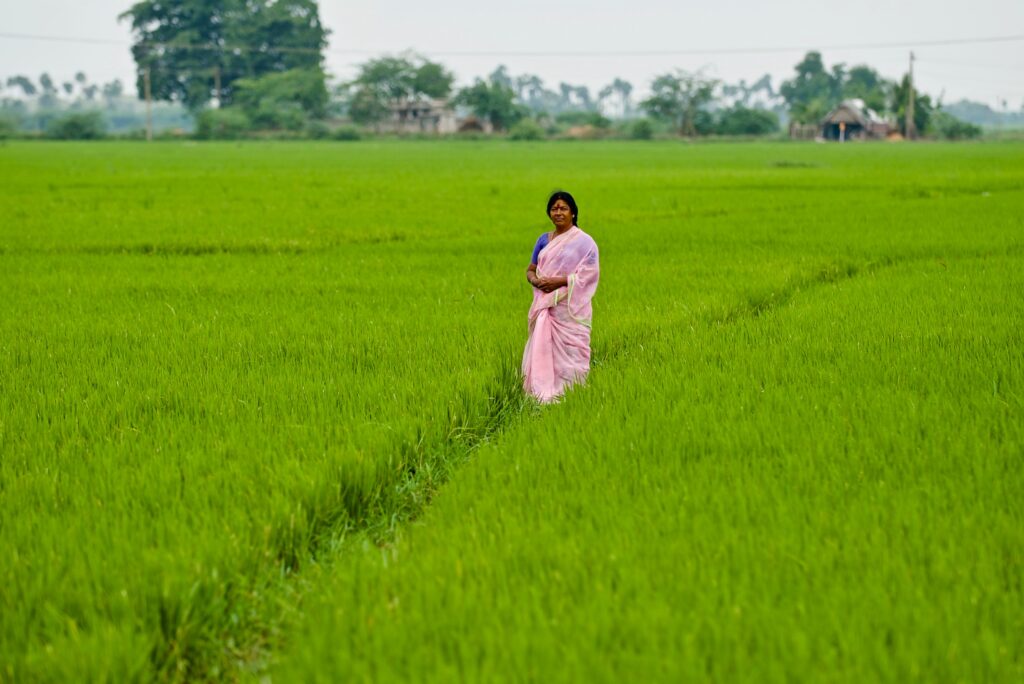India, the world’s second largest rice producer and largest exporter of rice, has implemented a ban on the export of non-basmati rice. The decision, announced by the Indian government on July 20, ignited discussion on several fronts from domestic food security to international trade implications. Let’s delve into the reasons behind India’s ban on non-basmati rice and its potential implications on the country and the world.
Addressing Domestic Food Security
One of the reasons cited by India for the ban was to bolster its food security measures. The nation has faced challenges related to food inflation and fluctuations in agricultural output, mainly from weather and climate related changes. By halting the export of non-basmati rice, India aims to strengthen its food reserves and ensure an adequate supply of rice for its growing population. In recent years factors like climate change and supply chain disruptions from the Covid-19 pandemic have raised concerns about the availability of food, thus making this move a proactive measure to safeguard this portion of the nation’s food supply.
Curbing Inflation and Price Stabilization
India has been dealing with rising inflationary pressures within the country. High inflation can put a significant strain on household budgets. By restricting the non-basmati rice exports the government will be able to stabilize the domestic prices, which will in turn ensure that commodities remain affordable for its citizens.
Enhancing Self-Sufficiency in Rice Production
India’s ban on non-basmati rice exports also aligns with its vision of becoming self-reliant in agriculture. Encouraging farmers to focus on domestic production rather than exporting non-basmati rice can potentially boost local agriculture and contribute to overall economic growth of the country. Additionally, the ban might incentivize farmers to adopt modern agricultural practices and technologies, enhancing productivity and quality.
Implications on the Global Rice Market
India’s decision to ban exports of non-basmati rice has important implications for the global rice market. India is the world’s largest exporter of rice, accounting for 40% of the global rice trade with shipments going to about 140 countries. With India’s withdraw from the non-basmati rice export market, import-dependent countries may face challenges of finding alternative sources for their own countries’ rice requirements, which could potentially drive up the prices and affect the food security of those countries. It could have broader implications from a trade perspective since those countries will look for new markets and potentially renegotiate any existing agreements.
In summary, India’s ban on non-basmati rice exports is a bold step in addressing the countries domestic food security and curbing rising inflation. However, the ban does have far reaching impacts as many countries will be looking for new sourcing opportunities, which could drive up costs in the global rice market and lead to renegotiation of existing trade agreements.










